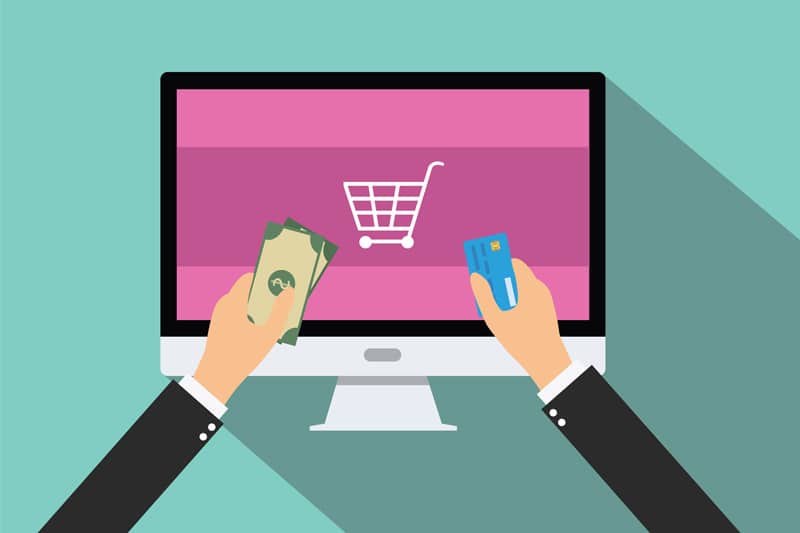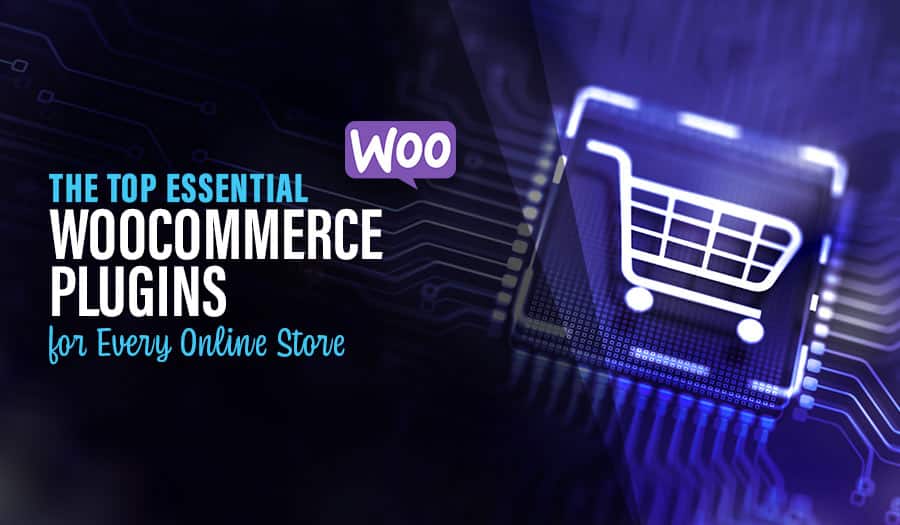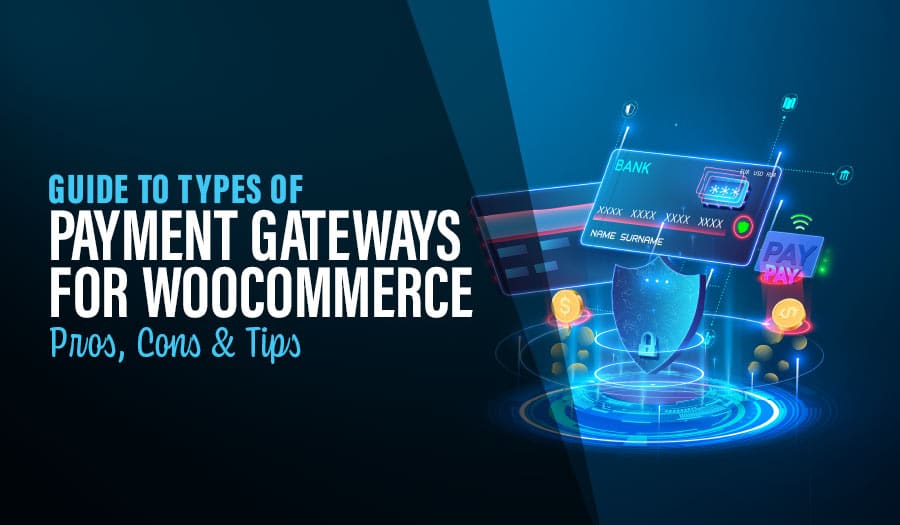The world of buying things online is forever evolving. More and more people are beginning to increase the amount of money that they spend online, making it necessary for businesses to change the way that they operate.
One of the most important areas that these businesses can focus on is their ability to take payments online.
There are several ways that businesses are able to complete these types of transactions. Two of the most popular are PayPal and Merchant Bank Accounts. Both options have their own benefits and drawbacks, which can make it difficult to choose the best option.
Learning more about the pros and cons of PayPal versus Merchant Bank Account is helpful in making this decision.
PayPal vs Merchant Bank Account
What is PayPal?
PayPal is an American company that offers a worldwide online payment system. This system works to replace traditional forms of payment, such as checks and money orders. For each transaction, PayPal charges a fee, which is taken for the company’s part in the transaction. They complete online payment transactions for a variety of commercial users as well as vendors and auction sites.
What is Merchant Bank Account?
A merchant bank account is actually an account that a merchant sets up. This allows the business to be able to accept payments through credit or debit cards. With this type of account, the business will set up an agreement with a company that accepts the payments and then transfers the payments to the business’s bank account. Sometimes, the bank could also serve as the merchant that accepts these transactions.
PayPal vs Merchant Bank Account – Which is Better?
Choosing the right processor for your business will depend on a number of factors. For starters, how much money are you willing to spend up front? One of the greatest things about PayPal is that it doesn’t cost anything to get started. start-up fees for a merchant bank account could vary from one bank to the next. Plus, there will be transaction fees that you must think about.
Another benefit of using PayPal is the reputation that you will have when this is an option for your shoppers. The company has a strongly recognisable name and is very reputable. Customers tend to associate it with companies that they can trust and rely on. Some customers will even avoid shopping with companies that do not offer PayPal.
While there are many benefits to PayPal, there are also some downsides. For example, PayPal isn’t as flexible as merchant accounts. Businesses will find that they are not able to offer specialised coupons or detailed receipts when the transaction is handled through PayPal. This is something that only merchant bank accounts offer.
PayPal vs Merchant Bank Account – What do I need?
With either option, it is important to note that customers will need protection. This requires the use of a gateway as well as SSL. These items will help to ensure that the personal information that is provided through your website is protected from outside sources. They work by adding protection when your site connects with the credit card processor.
One of the benefits with PayPal is that some of this security is taken care of for you. Customers who shop at your site and pay through PayPal will actually visit a completely different site to make their payment. However, it is still crucial that they are safe when they are conducting business on your site.
To learn more about what you need for your website to be a success, be sure to contact us.
Making the Decision
In the end, it will be completely your decision when deciding which strategy works best for your company. While many companies find that PayPal is the best option for their business, others see more benefit with merchant bank accounts. Make sure that you examine your own transaction preferences in order to make the best decision.
Regardless of the choice you make, it is important that your website is designed to help improve the experience that your customers have throughout the shopping process.
You can learn more about this process by checking out our fantastic e-commerce websites.
Take your online store business to the next level with a Pixel Fish Ecommerce Website.
Suggested additional reading:
8 proven successful online store product types
How to find the perfect Niche for your eCommerce Product
Top 5 places to find eCommerce product ideas



